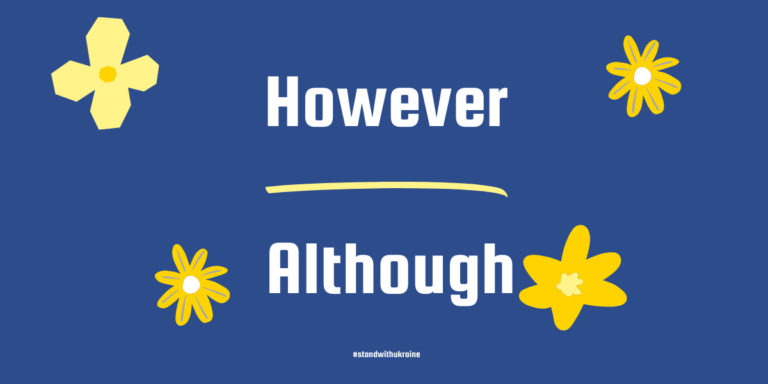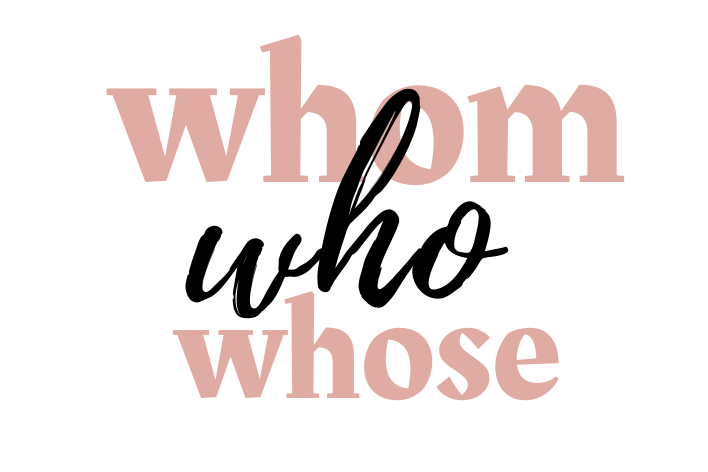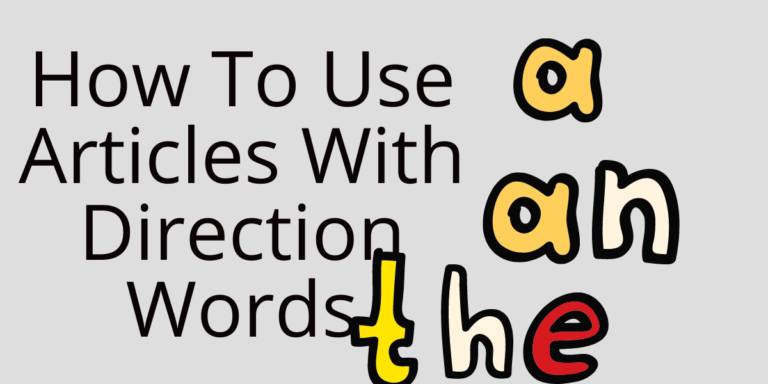Confusing Grammar: How to Use “Used to” Correctly
Some grammar mistakes don’t confuse your listener. When you make these mistakes, your listener understands exactly what you mean even if the structure you use isn’t perfect.
Other grammar mistakes do confuse your listener. When you make these mistakes, your listener often doesn’t know what you mean and may ask you to repeat yourself.
Mistakes with used to often fall in this second, more important category of mistakes.
In this article, we’ll look at the differences between three forms of used to:
1. used to + base form
2. to be used to + noun/gerund
3. to get used to + noun/gerund
After the article, try the conversation questions and compare your answers to the sample answers I’ve provided. Good luck!
1 used to + base form
We use used to + base form to talk about something that happened frequently or continuously in the past but which no longer happens in the present.
In questions and negatives, the correct form is use to, not used to. (We pronounce both used to and use to the same way, however.)
This grammatical structure is useful in a lot of situations. We can use used to + base form to…
… talk about our awkward teenage years
“I used to have cornrows and wear huge baggy jeans in high school.”
“Did you use to have braces in high school?”
“I remember I used to have a huge crush on Zack Morris from Saved by the Bell.”
… compare our generation to other generations
“Back in my day, we used to have more respect for our elders. We called people ‘Mr.’ and ‘Mrs.’ instead of using their first names.”
“We didn’t use to stay inside all day like kids do now. We went outside and played with our friends.”
… talk about how we’ve grown as people
“I didn’t use to have much patience.”
“I used to really care what other people thought of me. Now I do what I want.”
… complain about getting older
“I used to be able to stay up late on weekdays and have no trouble getting up early for work the next day. Not anymore, unfortunately.”
“I used to be able to dunk a basketball. Now I can barely jump five inches off the ground.”
… get nostalgic about the decade we grew up in
“My friends and I all used to play Street Fighter on Sega Genesis after school. It was amazing.”
“We all used to dance to “Macarena” at our school dances.”
… talk about how a relationship has changed
“We used to stay up all night talking. Now all we do is watch TV together.”
“My sister and I used to fight a lot when we were kids, but not we get along really well.”
Common mistakes with this form
You probably already use this structure correctly. It’s not something that advanced learners normally have trouble with. There are a few common mistakes, however.
1. Using used to instead of use to in questions and negatives:
“I didn’t used to be skinny.” (incorrect)
“Did you used to be skinny?” (incorrect)
“I didn’t use to be skinny.” (correct)
“Did you use to be skinny?” (correct)
Note that some grammar books are now listing used to as an acceptable form in questions and negatives. But to be on the safe side, you should use use to in negatives and questions as this form is considered correct by everyone.
2. Using used to to talk about past occurrences that didn’t happen frequently or continuously.
We use used to for things that happened continuously or frequently in the past, not for events that happened just once.
“One day in high school, I used to get caught cheating on a test. It was the only time it happened.” (incorrect)
“In high school, I used to cheat on tests all the time. I only got caught once, though.” (correct)
2 to be used to + noun/gerund
We use to be used to + noun/gerund to talk about something that we are accustomed to.
We often use the expression to talk about why something is or isn’t a problem.
More specifically, we can use to be used to + noun/gerund to…
… talk about why we don’t want to do something
“I wasn’t used to being around a bunch of screaming kids, so I decided not to take a job as a substitute teacher.”
“Let’s not rent a car while we’re in England. We’re both not used to driving on the left side of the road.”
… talk about not being bothered by something
“I’m used to taking care of a bunch of animals. I’d be happy to watch your cat while you’re on vacation.”
“I’m used to the cold. We can take a walk if you want. It won’t bother me.”
“I’m from Tokyo, so I’m used to crowds of people. I’m sure New York City won’t bother me one bit.”
“I’m used to getting up early. We can meet at the gym before work if you want.”
… explain why something is a bad idea
“Our guests aren’t used to spicy food. Maybe you shouldn’t make chili for dinner.”
“I wasn’t used to fixing things myself, so buying an older home wasn’t the best idea I’ve ever had.”
Common mistakes with this form
This structure tends to be problematic, even for advanced learners. Here are some common mistakes you might be guilty of.
1. Using the base form instead of the gerund
“I’m used to take care of kids.” (incorrect)
“I’m used to taking care of kids.” (correct)
2. Forgetting to use the verb to be
“I used to taking care of kids.” (incorrect)
“I’m used to taking care of kids.” (correct)
3. Using to be used to + noun/gerund to talk about habits or routines.
We don’t use to be used to + noun/gerund to talk about present habits or routines. Instead, we use the simple present with an adverb of frequency (usually, generally, normally, etc.).
“Let me tell you about a typical Sunday for me. I’m used to waking up late and then making a big breakfast…” (incorrect)
“Let me tell you about a typical Sunday for me. I usually wake up late and then make a big breakfast…” (correct)
3 to get used to + noun/gerund
We use get used to + gerund/noun to talk about becoming accustomed to something.
More specifically, we can use to get used to + noun/gerund to…
… talk about moving away from home
“After six months of living in the city, I finally got used to the crowds and the noise.”
“I’m either going to have to get used to cooking for myself, or I’m going to have to eat pizza every day.”
… talk about culture shock
“I’ve been in Germany for 15 years, and there are still some things that I haven’t gotten used to yet.”
“How long did it take you to get used to living in an English-speaking country?”
… talk about starting a new job
“When you first started your sales job, how long did it take you to get used to the constant rejection from potential customers?”
“When I got my first office job after college, I thought I’d never get used to working in front of a computer screen every day.”
… talk about tackling adversity
“Being a single mother is extremely difficult, but I’ve gotten used to it.”
“Working two jobs can be exhausting, but you get used to it after a while.”
Common mistakes with this form
1. Using the base form instead of the gerund
“It took me a while to get used to speak English at work.” (incorrect)
“It took me a while to get used to speaking English at work.” (correct)
2. Not using the correct tense.
We can use this form in a variety of tenses, not just the present tense. All these structures are correct:
I’ve gotten/got used to being…
I’m getting used to being…
I got used to being…
I will get used to being…
I’m going to get used to being…
I will have gotten used to being…
Practice
Think of sample answers to the questions. Then scroll down to compare your answers to the sample answers provided.
1. What is something you used to like when you were a child that you really don’t like anymore?
2. What did you use to do every day after school when you were a child?
3. What is something you do all the time now that you didn’t use to do when you were younger?
4. What is something you would have trouble doing because you’re not used to it?
5. Finish the sentence: Moving to another country would be difficult because I’m not used to…
6. What job would you be terrible at? Why would you be bad at this job? Answer using to be used to + noun/gerund.
7. What is something that you’re getting used to doing right now?
8. Have you ever moved? What did you have to get used to when you moved in to your new place?
9. What are some things that you have gotten used to in the last year?
10. If you moved to another country, what would you have to get used to?
Sample Answers
1. What is something you used to like when you were a child that you really don’t like anymore?
I used to like watching cartoons, but not anymore.
I used to like to eat Kraft macaroni and cheese, but now I’d rather have a real meal.
2. What did you use to do every day after school when you were a child?
After school, I used to go home and do my homework with my mother.
The kids in the neighborhood and I used to play football and basketball after school.
3. What is something you do all the time now that you didn’t use to do when you were younger?
I didn’t use to work long hours, but now I do.
I didn’t use to exercise, but now I go to the gym five days a week.
4. What is something you would have trouble doing because you’re not used to it?
I would have trouble living in Canada because I’m not used to the cold.
I would have trouble living by myself because I’m not used to living alone.
5. Finish the sentence: Moving to another country would be difficult because I’m not used to…
Moving to another country would be difficult because I’m not used to living far away from my family.
Moving to another country would be difficult because I’m not used to being an outsider.
6. What job would you be terrible at? Why would you be bad at this job? Answer using to be used to + noun/gerund.
I would be a terrible accountant because I’m not used to working with numbers.
I would be terrible at teaching because I’m not used to speaking in front of a group.
7. What is something that you’re getting used to doing right now?
I’m getting used to speaking English at work.
I’m getting used to being a parent.
8. Have you ever moved? What did you have to get used to when you moved in to your new place?
When I moved in to my apartment, I had to get used to my loud neighbors.
When I moved in to my new place, I had to get used to living around people I don’t know very well.
9. What are some things that you have gotten used to in the last year?
I’ve gotten used to driving in the city.
I’ve gotten used to eating a healthy diet.
(In British English, it’s I’ve got used to…)
10. If you moved to another country, what would you have to get used to?
If I moved to another country, I might have to get used to speaking a different language.
If I moved to another country, I’d have to get used to a different culture.







